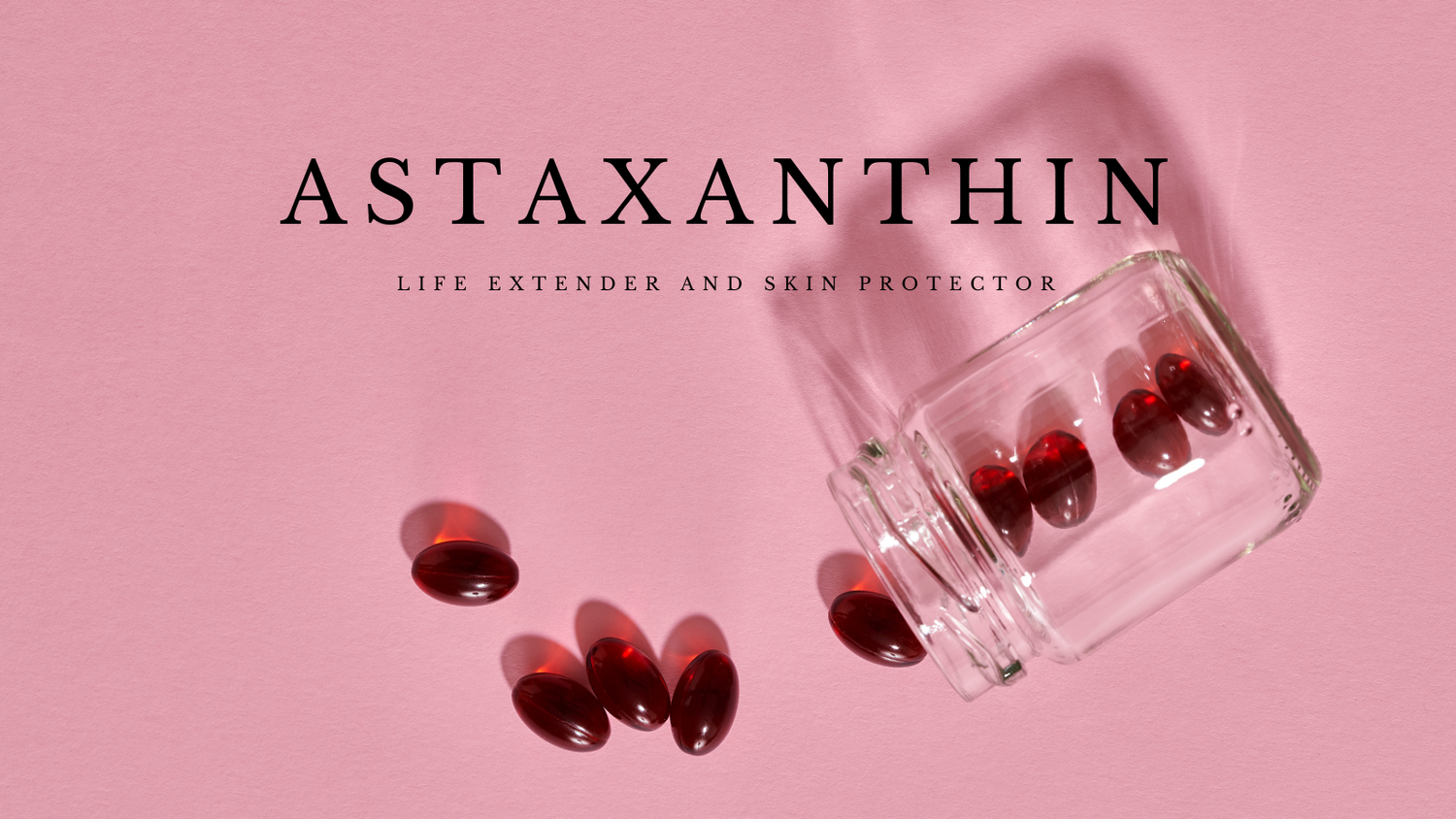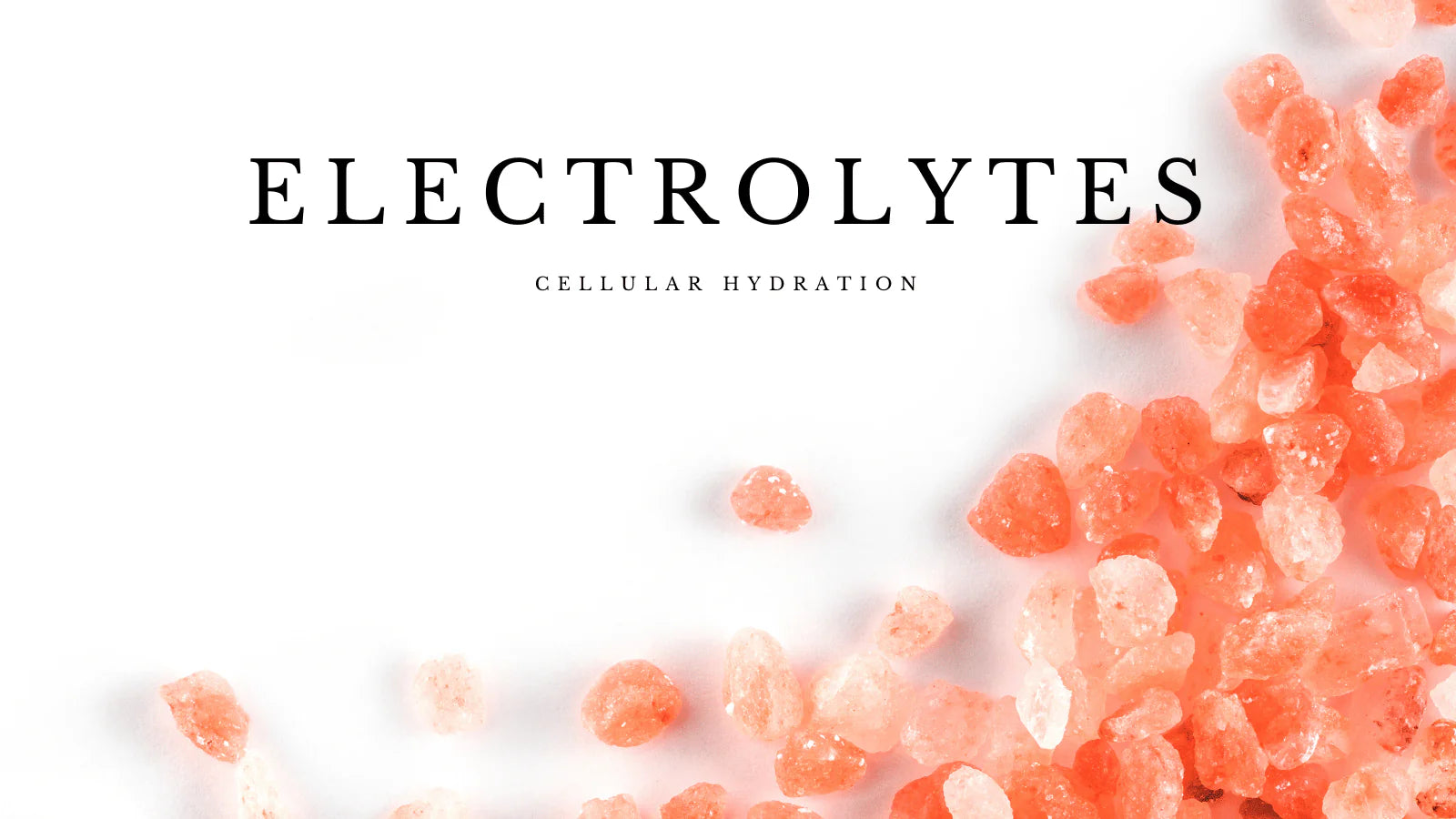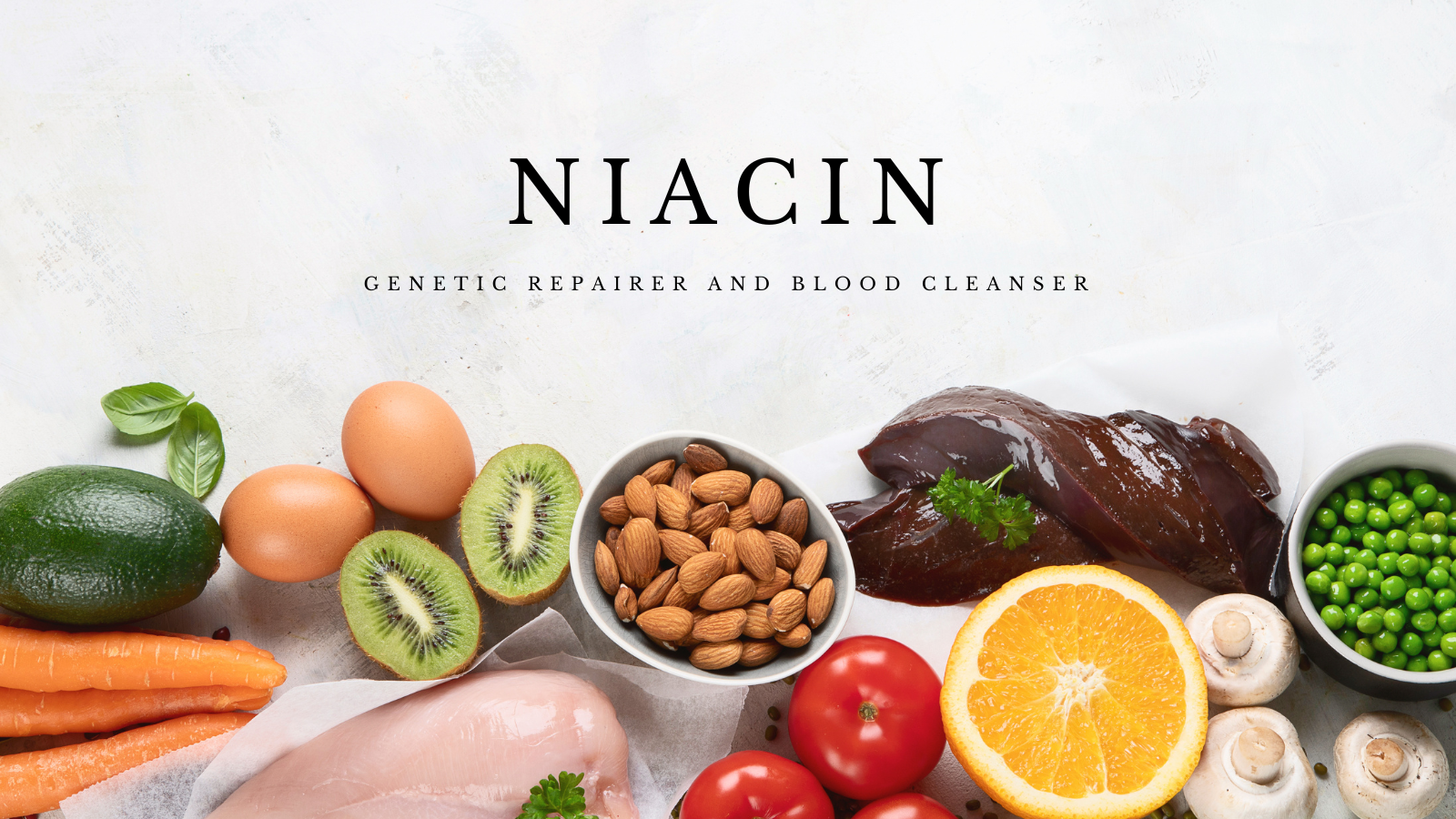Astaxanthin: Natural Skin Health And Longevity
As you are cooking crab or lobster, or are serving up beautifully vibrant salmon (farmed salmon are not invited), you may have pondered why they have such lovely shades of pink, orange and red.
Well, it's because they all have a red pigment called astaxanthin in their diets - and you'll want to as well after reading this.
Cell protection, overall longevity of health, younger and healthier brain function, improved recovery time, and hitting fitness goals faster. These are a few of the recently discovered benefits of Astaxanthin. It also has no reported negative side effects in its 20 years of human consumption as a supplement.
'Astaxanthin looks like it could be one of the most significant supplement discoveries of recent times.'
Astaxanthin is a naturally occurring compound, responsible for the vibrant red hues of salmon, crustaceans, and some algae. Sea creatures cannot produce astaxanthin themselves and must get it from their diets.
It has only been in the last few years that research has begun to uncover the potentially life-changing effects that Astaxanthin has to offer.

A Selection of Foods Containing Astaxanthin
What is Astaxanthin?
Astaxanthin is classed as a carotenoid, which is a term given to a group of fat-soluble pigments ranging from yellow to red, giving color to carrots, tomatoes, autumn leaves, and much more. Carotenoids act as antioxidants in the human body, and Astaxanthin is one of the most powerful of these.
In some countries, it is used to color foods under the code E161j. Astaxanthin is also used to produce the red color in commercially farmed salmon, as usually, the meat is grey before they are fed astaxanthin. This is the result of the poor diets and living conditions in which these farmed salmon are raised. The majority of astaxanthin used for aquaculture is produced synthetically.
Some of the top naturally occurring sources of astaxanthin:
- Haematococcus pluvialis (Microalgae)
- Phaffia Yeast
- Arctic shrimp
- Krill
- Wild Salmon (particularly Sockeye)
What does Astaxanthin do?
Assistance in the removal of free radicals
Free radicals are unstable atoms, and they steal electrons from the atoms of other cells, causing a cell-damaging chain reaction. As you become older, the less your body can fight free radicals.
Antioxidants are fantastic because they donate an electron to the free radical without becoming unstable themselves. Some antioxidants have side effects in large doses, and may even become pro-oxidants, though astaxanthin has shown so far that it has no side effects.
There's a bit of a deep dive into antioxidants for you!

How Antioxidants Work
Astaxanthin has a strong antioxidant property like most carotenoids, however, astaxanthin is possibly the single strongest antioxidant found in nature. This is due to its powerful ability to scavenge free radicals, which can damage lipids, increase aging, and are linked to many diseases including dementia.
This human study revealed that supplementing 12mg of astaxanthin daily reduces the phospholipid hydroperoxide levels in the brain, which are found in abnormal amounts in dementia patients.
Astaxanthin can assist the brain because of its unique way of absorbing into the body and cells - through the lymphatic system, just like a fat. Over 60% of the brain is fat, meaning astaxanthin can slip past the blood-brain barrier and positively affect and protect most of the cells in the brain.
Stimulation of glutathione production
By stimulating glutathione production, Astaxanthin helps the body become protected from heavy metals, oxidative stress, improves mitochondrial function, and also improves signs of aging. Glutathione also helps in tissue building and repair as well as immune system function
Inflammation reduction
This human study showed that the subject's Plasma C-reactive protein concentration was reduced after just two months of Astaxanthin supplementation. Plasma C-reactive protein is a marker used to measure inflammation in the body - the liver produces it to respond to inflammation or infection. A DNA damage biomarker was also decreased and there was notable decreased oxidative stress in the body.
Increased Life Span
A rodent study conducted in late 2023 at the University of Honolulu found that astaxanthin increased the lifespan of male mice by 12%. This is partly due to the strong antioxidant and anti-inflammatory properties of astaxanthin, but also because of the up-regulation of the FOXO3 in the heart, which is considered a major gene for human longevity.
In the study finding FOXO3 to be a major longevity gene, the authors commented on how the prospect of optimizing FOXO3 activity in humans to increase lifespan and reduce age-related diseases represents an exciting avenue of clinical investigation. Well, astaxanthin might just be what they were looking for!
Improved Skin Health
Several small-scale human studies have also shown positive effects on skin health – wrinkle reduction, texture, and moisture content were all improved at the end of the study periods. Some studies also showed protection from UV-related skin damage (great if you don’t use sunscreen!)
Other effects of astaxanthin include:
- Improved diastolic blood pressure, with bigger benefits for unhealthy participants in the study
- Improved recovery between intense cardio and endurance workouts, using only 4mg per day
- Significant increase in delayed onset muscle soreness from heavy-weight training
The majority of studies that show the benefits of astaxanthin are relatively recent, so there is so much more to be discovered about this incredible pigment.
Natural Sources of Astaxanthin
While there are a variety of natural sources of astaxanthin, some are more accessible than others. An example is the crab and other crustaceans which turn red when being cooked. This is the result of astaxanthin being released from the proteins that were holding it.
The issue is that the majority of astaxanthin is only found in the shells of these creatures. Wild salmon and algae, on the other hand, have astaxanthin in their flesh, and shrimp can also be a good source.
If you have wild sockeye salmon easily accessible, that is one of the best natural sources of astaxanthin as it is also paired with Omega-3, and they work hand-in-hand, particularly for brain health. However, wild salmon is not widely available throughout the world, and to get 12mg of astaxanthin per day would require eating a lot of fish.
Supplementing astaxanthin will be the easiest and most cost-effective way to reap its benefits.
Sol Supps Natural Astaxanthin Supplement
Reading the studies, astaxanthin became a clear, underrated choice for a supplement that we wanted to provide. The information available from the studies conducted on astaxanthin is nothing short of incredible, and most of the research is only a few years old. It seems we are just scratching the surface.
As always with Sol Supps, we always strive for supplements that are naturally and locally sourced. Sol Supps astaxanthin is sourced from algae grown in the USA, ensuring maximum bioavailability and effectiveness.
How Much Astaxanthin Should I Take?
4mg, 6mg or 12mg all provide positive results, however, our capsules contain 12mg of astaxanthin, as this amount has shown the greatest improvements in studies, some of which are linked in this post.
So, Should I Take Astaxanthin?
Incorporating astaxanthin into your daily routine can be a game-changer for your health and vitality in so many facets that it could potentially be one of the best all-around supplements you could take.
From its ability to combat oxidative stress and aging to providing natural protection against the sun, astaxanthin showcases a massive range of benefits, with no negative effects reported in the last 20 years. With the amount of recent research conducted on astaxanthin, it is quite likely that more positive effects will be revealed in the next few years. Stay tuned!




2 comments
Jose Tenorio
Realmente sirve y para qué sirve porque hay muchos productos que no sirven y este si sirve
Joseph D'Annunzio
Astaxanthin really helped me stop getting sunburned so much, I use it every day in the summer
Leave a comment
All comments are moderated before being published.
This site is protected by hCaptcha and the hCaptcha Privacy Policy and Terms of Service apply.